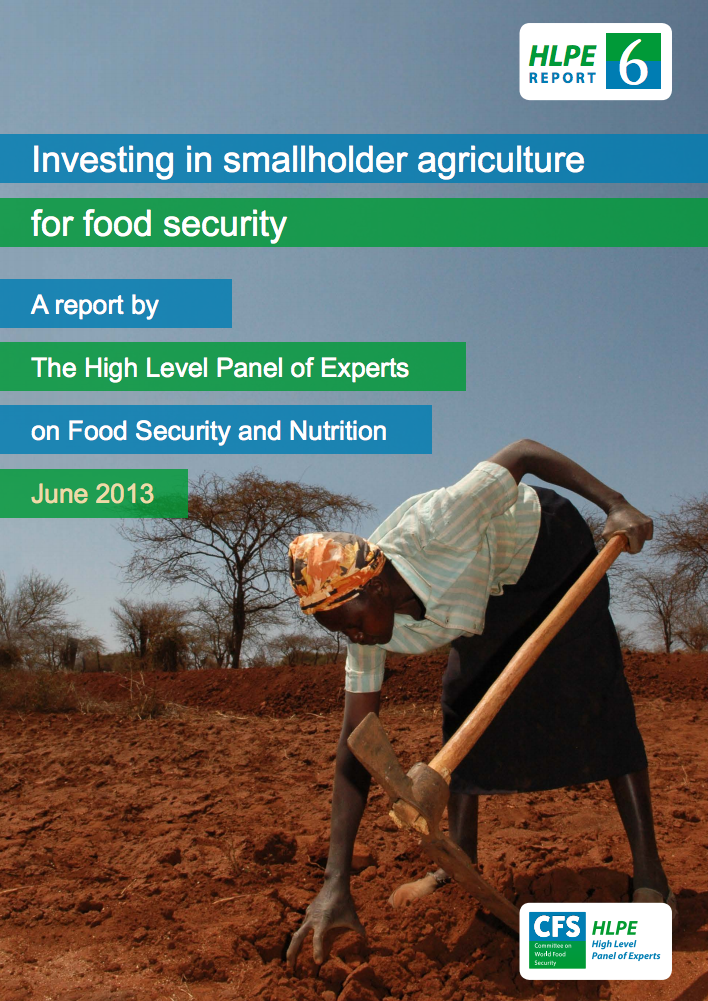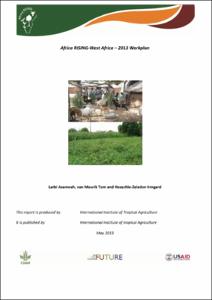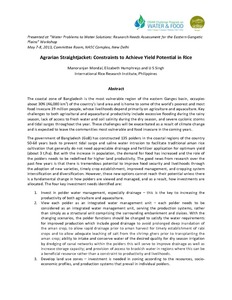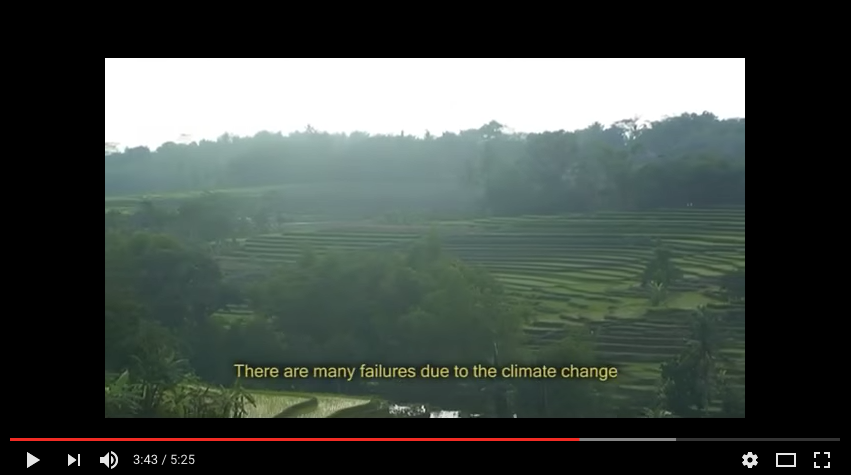A conflict-sensitive approach is needed
Despite good potential for food production, South Sudan’s agriculture is not feeding its population. The impacts of decades of armed conflict are posing enormous challenges for the sector. Farmer Field Schools seem to be a promising instrument to improve food security and livelihoods of small-scale farmers in the country.








